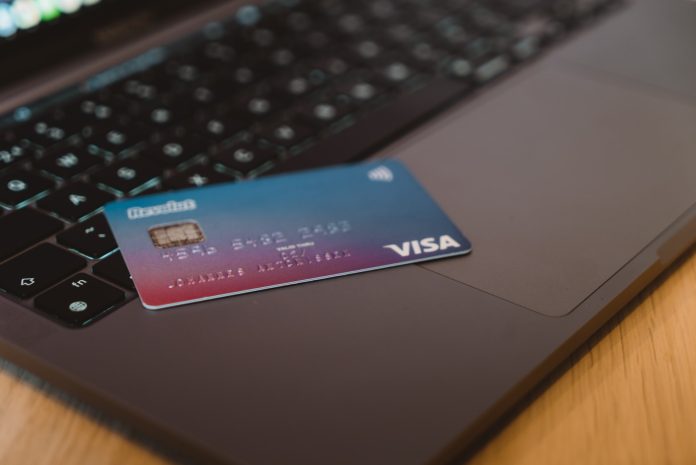Is it that time of the month when you pay your credit card bills? One of the most important aspects of establishing and keeping good credit is paying your credit card bills on time.
If you fail to pay your credit card bill on time, it can reflect poorly on your credit score. Not to mention if you pay credit card bill after the due date, you will be charged a late fee. The bank will add the late payment to your subsequent credit card statement.
The Reserve Bank of India (RBI) recently ordered banks to only impose a late fee if the payment is more than three days past the due date. Your future loan eligibility and interest rates will be impacted by late payments reported on your credit report, likely to last for seven years.
The late payment is now shown in your credit report as a “collection” and is considered to have occurred. This significantly negatively affects your credit score and further lowers it.
Before you understand how to make credit card bill payments, knowing when you should pay your credit card bills is crucial.
When should you pay your credit card bills?
Try to pay your credit card bill in full by the due date on your statement. Paying the entire bill each month improves your credit score and demonstrates your capacity for responsible borrowing to lenders.
How can you stay updated with your credit card bills?
Life can become hectic, making it difficult to remember when your payments are due. So how can you ensure you remember to pay?
If you have adequate money in your bank account, consider setting up autopay for your credit card bills. Alternatively, you may set up SMS or email alerts to notify you when your payment is due.
Consider requesting the same payment date for your accounts if you have several credit cards. Typically, you can do this by contacting the company that issued your credit card or submitting a request online. This eliminates the need for you to remember numerous payment due dates.
Lastly, here’s how you can make credit card bill payments online. You can repay your credit card bill payments in multiple online and offline ways.
- Cash – You might be able to pay in person if your credit card company has a nearby bank or credit union office that you can visit.
- Cheque – You can mail a cheque along with your credit card bill if your issuer allows them.
- Online bill payment – With online bill payment, you might be able to pay with a bank account.
- ACH transfer – Add your bank account to your credit card business’s website or mobile app, contact them via phone to offer your information, or send your credit card statement back to the card issuer with your ACH information.
Your payment will be credited and posted as a transaction on your account either the same day the bank receives it or the following business day, depending on your payment method and the time of day you submit it.
Conclusion:
Credit cards, if used consciously, can offer numerous benefits and rewards. Although it’s never enjoyable to pay off credit card bills, or any bills, for that matter, proper payment practices can do wonders for your credit.
To prevent damage to your credit reports and maintain the excellent standing of your account, do your best to make payments on schedule and in full. To avoid paying interest, don’t carry a balance. You have two options: automate your payments or remember when they’re due.
Using a Chip and PIN machine offers a secure and straightforward way to make credit card bill payments, ensuring transactions are verified with a personal identification number for added security.



 Bitcoin
Bitcoin  Ethereum
Ethereum  Tether
Tether  XRP
XRP  Solana
Solana  USDC
USDC  TRON
TRON  Cardano
Cardano  Lido Staked Ether
Lido Staked Ether  Avalanche
Avalanche  Toncoin
Toncoin